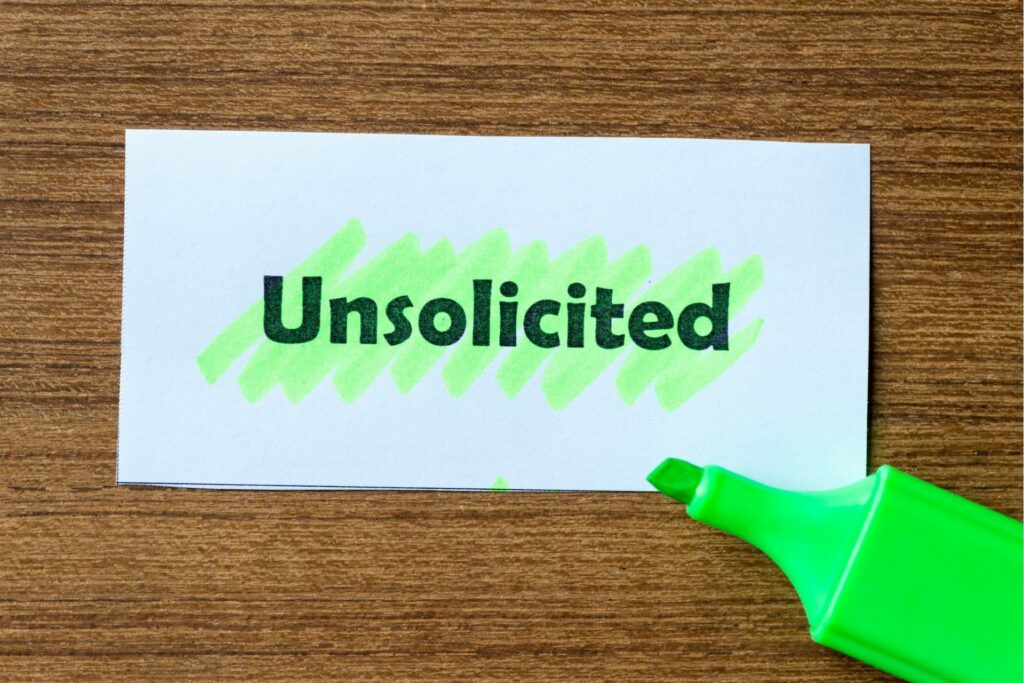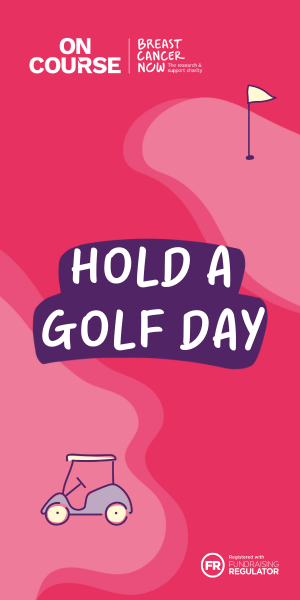Dr Sue Shapcott explains how to deal with unsolicited advice that you can receive when you're trying to focus on your practice
I know you have been there. You are on the driving range practicing your game when a fellow golfer cosies over and watches you hit a few shots. Before long, he (yes – it is usually a ‘he,’ but not always!) starts telling you what you should do in your swing. Regardless of whether you want unsolicited advice or not, you’re getting it! So, what do you do now?
Even though advice-givers often mean well, their advice seldom helps. Let’s start with the obvious. The people giving advice may (or may not) be good players. But, they are not accredited instructors. Being a good golfer is not the same as being a good teacher. For starters, a good teacher wouldn’t start doling out advice before understanding what your goals are!
Another reason random advice is not helpful is that you may already work with an instructor and have an improvement plan. Unsolicited advice usually conflicts with this plan and muddies the water. Lastly, women golfers can be self-conscious when they visit the range. We all know the stereotypes about women golfers. And we try hard not to conform to them (this feeling is called stereotype threat). Having someone come and give us tips because they think we need them sends a message that, “You really need help!” If you weren’t feeling self-conscious before, you will be now.
How to deal with unsolicited advice

In an ideal world, golfers would not give others unsolicited advice (so if you are reading this and realise you are a serial advice-giver, take note!). In fact. golf could do with a campaign emphasising that good golf etiquette extends to advice giving. The slogan could be, “Ask, don’t tell!” But the reality is, we can only control our behavior, not that of others.
Strategies
If you have been the recipient of unsolicited advice and found it irritating, try these strategies next time it happens:
- Pick your spot on the range carefully. I tell my students who are fed up with random advice givers to find a spot as close to me as possible. Practicing near an instructor will probably reduce the chances of someone giving you unwanted advice.
- Wear headphones when you practice. Just like you would on a plane if you were trying to signal to a chatty seat mate you don’t want to talk! Not only may this stop someone interrupting you, but you can use your headphones to indicate the conversation is over by putting them back in your ears. If you don’t like to practice to music/podcasts, wear them as armour!
- Have a prepared response on hand for when someone gives you unwanted advice. It is important that you are comfortable with the phrase you decide to say. We all know what we would like to say, but sometimes we aren’t brave enough to say it – or don’t want to come across as rude, so we bail out. So, decide on a phrase that you are comfortable with that is not overly confrontational. For example, “Thanks so much for your help, but I’m enjoying figuring my swing out by myself.” Or “Thanks, but I’m having fun trying to incorporate what my instructor told me.” Or if you want to be a bit cheekier, you could say, “Thanks, but I only take advice from professional instructors.”
- Unfortunately, people don’t always pick up on social cues. So, after you have exhausted all the non-confrontational strategies to stop unsolicited advice, you may have to simply say, “Thanks, but no thanks. I do not want your advice!”
The first few times you push back against advice givers, it will probably unsettle you and distract you from your game. But like everything, after some practice and repetition, you will get more comfortable putting up instruction boundaries. When you get to this stage, you will be able to focus your mind on your own game regardless of any well-intended swing advisors who come your way.
P.S. I really empathise with women when they are given unwanted advice at the golf course. About once a year, I will be interrupted during a golf lesson by a stranger on the range. He will tell me what advice I should be giving my golf student. Over the years I have become better equipped at handling these situations. And you will too.
About Sue Shapcott, PhD, PGA GB&I

Dr. Sue Shapcott is a former tour player with a passion for helping recreational players reach their potential. She trained with the PGA and spent five years developing technical expertise with Hank Haney in Dallas, TX. Sue is also an educational psychologist and will sneak that into her lessons!
Subscribe to the Change Golf Instruction YouTube channel here.
Contact Sue via email here.















